Faculty
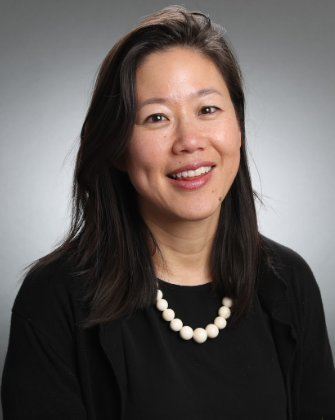 Colleen Chien teaches and conducts cross-disciplinary research on innovation, intellectual property, and the criminal justice system, with a focus on how technology, data, and innovation can be harnessed to achieve their potential for social benefit. With a law degree from Berkeley Law and engineering and humanities degrees from Stanford, Chien is known for her in-depth empirical studies of patent litigation, patent-assertion entities (PAEs) (a term that she coined), the secondary market for patents, and, in the criminal justice realm, on the “second chance” gap between those eligible for and receiving relief from the criminal justice system. Prior to joining Berkeley Law, Chien was Professor of Law at Santa Clara University School of Law. She previously served as Senior Advisor for Intellectual Property and Innovation in the Obama White House and currently advises the US Patent and Trademark Office as a Marian Croak Distinguished Scholar. Chien is among the top 20-cited intellectual property and cyberlaw scholars in the US and has been named one of Silicon Valley’s “Women of Influence,” and one of the 50 Most Influential People in Intellectual Property in the world.
Colleen Chien teaches and conducts cross-disciplinary research on innovation, intellectual property, and the criminal justice system, with a focus on how technology, data, and innovation can be harnessed to achieve their potential for social benefit. With a law degree from Berkeley Law and engineering and humanities degrees from Stanford, Chien is known for her in-depth empirical studies of patent litigation, patent-assertion entities (PAEs) (a term that she coined), the secondary market for patents, and, in the criminal justice realm, on the “second chance” gap between those eligible for and receiving relief from the criminal justice system. Prior to joining Berkeley Law, Chien was Professor of Law at Santa Clara University School of Law. She previously served as Senior Advisor for Intellectual Property and Innovation in the Obama White House and currently advises the US Patent and Trademark Office as a Marian Croak Distinguished Scholar. Chien is among the top 20-cited intellectual property and cyberlaw scholars in the US and has been named one of Silicon Valley’s “Women of Influence,” and one of the 50 Most Influential People in Intellectual Property in the world.
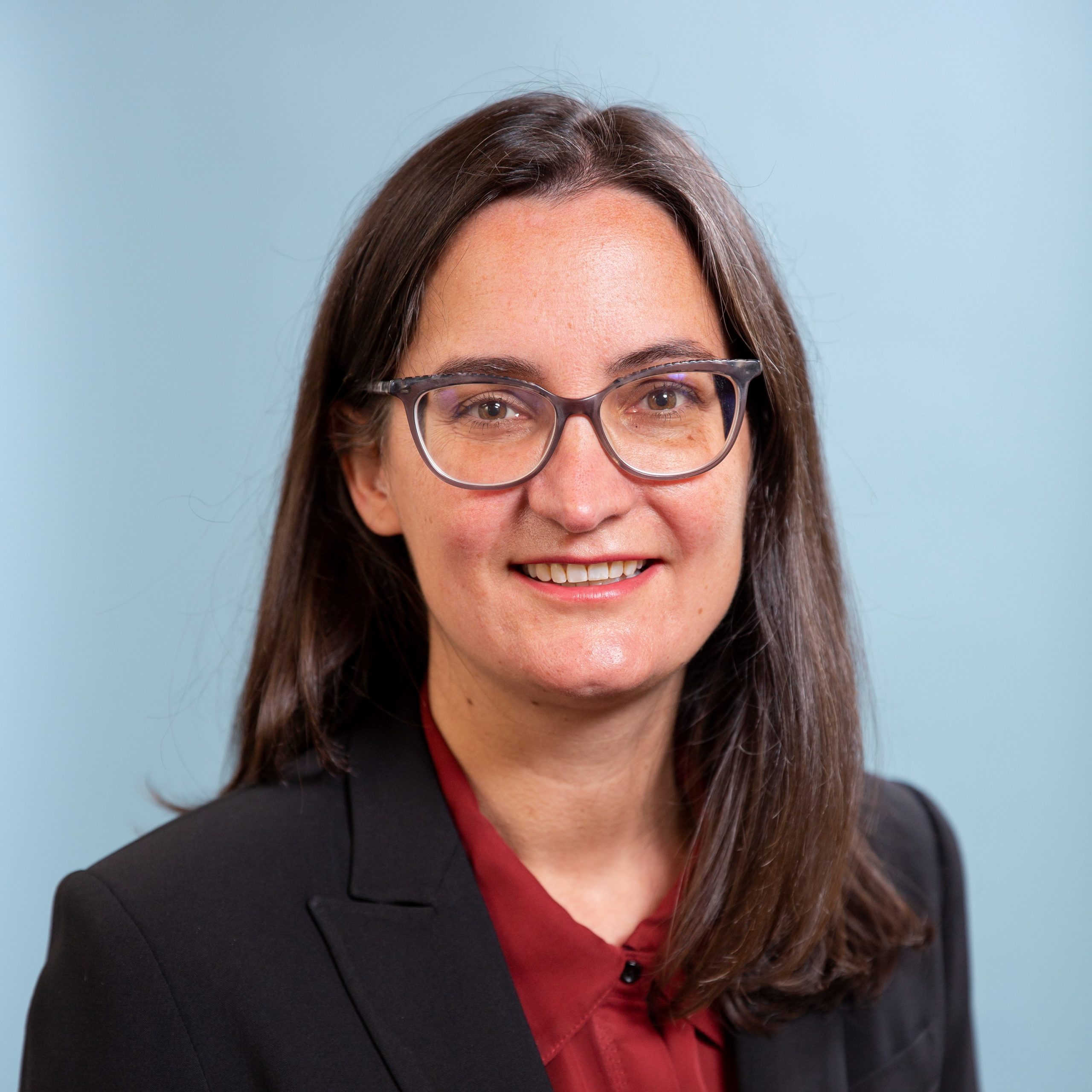 Catherine Crump is Director of the Samuelson Law, Technology & Public Policy Clinic and Clinical Professor of Law. Her work focuses on the application of First and Fourth Amendment principles to government use of new technologies, in particular to government surveillance. She has litigated cases in state and federal court and testified before state legislatures, Congress, and the European Parliament. Recent projects include a focus on street-level policing, including deployment of police body-worn cameras and the use of GPS tracking on youth in the juvenile justice system. Follow her at @CatherineNCrump. Publications, courses, and more »
Catherine Crump is Director of the Samuelson Law, Technology & Public Policy Clinic and Clinical Professor of Law. Her work focuses on the application of First and Fourth Amendment principles to government use of new technologies, in particular to government surveillance. She has litigated cases in state and federal court and testified before state legislatures, Congress, and the European Parliament. Recent projects include a focus on street-level policing, including deployment of police body-worn cameras and the use of GPS tracking on youth in the juvenile justice system. Follow her at @CatherineNCrump. Publications, courses, and more »
 Sonia Katyal is Distinguished Haas Professor and Associate Dean, Faculty Development and Research. Her scholarly work considers intellectual property, trademarks, trade secrecy, civil rights (including gender, race and sexuality), LGBTQ rights, anti–discrimination, property theory, and innovation. Professor Katyal is the co-author of Property Outlaws (Yale University Press, 2010) (with Eduardo Peñalver), which studies the intersection between civil disobedience and innovation in property and intellectual property frameworks. In 2008, Katyal was awarded a grant from the Warhol Foundation for her forthcoming book, Contrabrand, which studies the relationship between art, advertising and trademark and copyright law. In March of 2016, Professor Katyal was selected by U.S. Commerce Secretary Penny Pritzker to be part of the inaugural U.S. Commerce Department’s Digital Economy Board of Advisors. Publications, courses, and more »
Sonia Katyal is Distinguished Haas Professor and Associate Dean, Faculty Development and Research. Her scholarly work considers intellectual property, trademarks, trade secrecy, civil rights (including gender, race and sexuality), LGBTQ rights, anti–discrimination, property theory, and innovation. Professor Katyal is the co-author of Property Outlaws (Yale University Press, 2010) (with Eduardo Peñalver), which studies the intersection between civil disobedience and innovation in property and intellectual property frameworks. In 2008, Katyal was awarded a grant from the Warhol Foundation for her forthcoming book, Contrabrand, which studies the relationship between art, advertising and trademark and copyright law. In March of 2016, Professor Katyal was selected by U.S. Commerce Secretary Penny Pritzker to be part of the inaugural U.S. Commerce Department’s Digital Economy Board of Advisors. Publications, courses, and more »
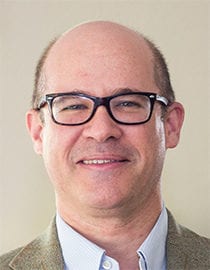 Orin S. Kerr joined the faculty at Berkeley Law in July 2019 after teaching at USC Gould School of Law, the George Washington University Law School, the University of Chicago, and the University of Pennsylvania. He has written more than 60 law review articles, over 40 of which have been cited in judicial opinions (including seven in US Supreme Court opinions). Professor Kerr has briefed and argued cases in the United States Supreme Court and three federal circuits and has testified six times before Congressional committees. In 2015, Chief Justice Roberts appointed Professor Kerr to serve on the Judicial Conference’s committee to review the Criminal Justice Act. After Circuit Court and Supreme Court clerkships, he served as a Special Assistant US Attorney in the Eastern District of Virginia and as a trial attorney in the Computer Crime and Intellectual Property Section at the US Department of Justice. Follow him @OrinKerr. Publications, courses, and more »
Orin S. Kerr joined the faculty at Berkeley Law in July 2019 after teaching at USC Gould School of Law, the George Washington University Law School, the University of Chicago, and the University of Pennsylvania. He has written more than 60 law review articles, over 40 of which have been cited in judicial opinions (including seven in US Supreme Court opinions). Professor Kerr has briefed and argued cases in the United States Supreme Court and three federal circuits and has testified six times before Congressional committees. In 2015, Chief Justice Roberts appointed Professor Kerr to serve on the Judicial Conference’s committee to review the Criminal Justice Act. After Circuit Court and Supreme Court clerkships, he served as a Special Assistant US Attorney in the Eastern District of Virginia and as a trial attorney in the Computer Crime and Intellectual Property Section at the US Department of Justice. Follow him @OrinKerr. Publications, courses, and more »
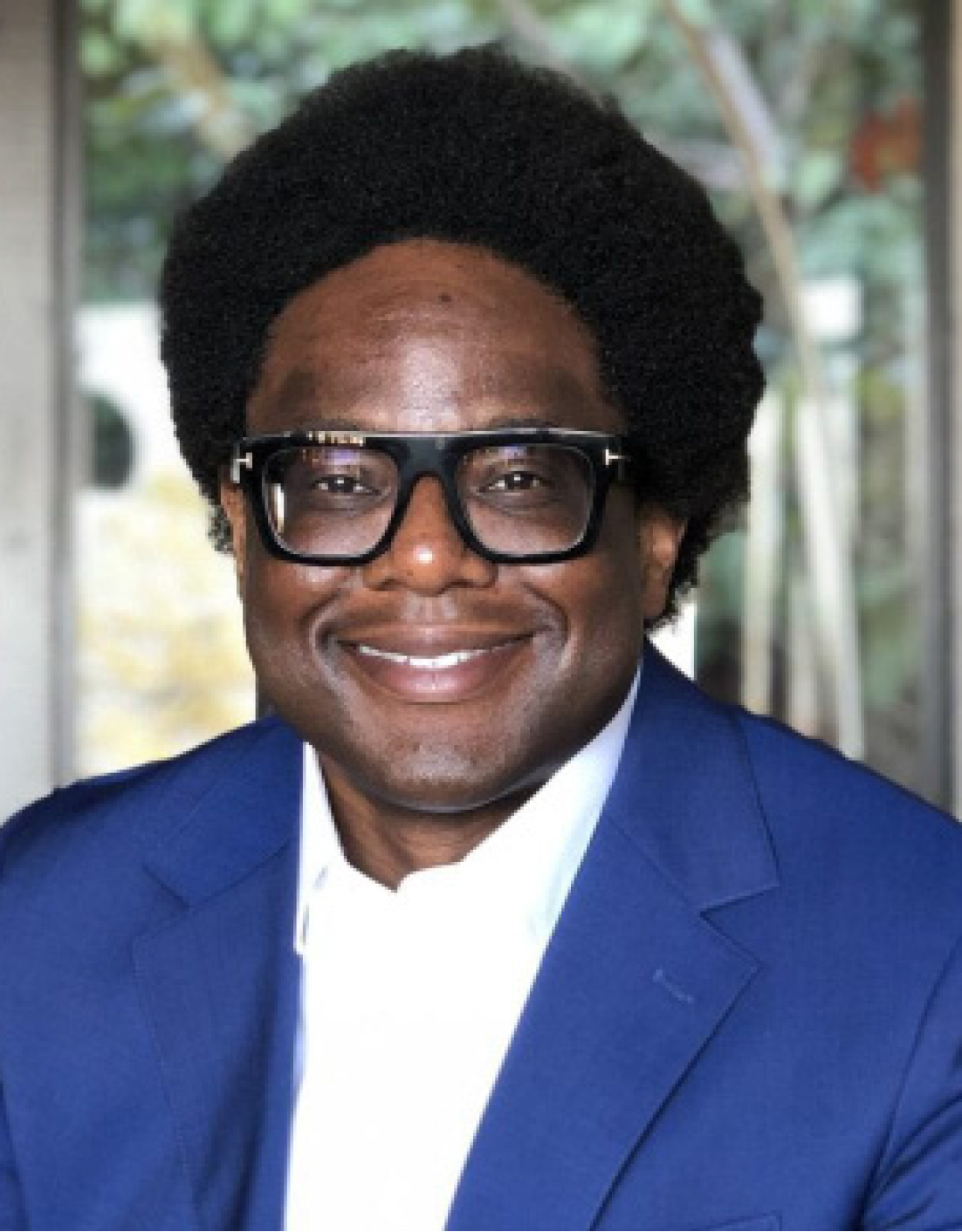 Osagie K. Obasogie is the Haas Distinguished Chair and Professor of Law at Berkeley Law with a joint appointment in the School of Public Health. Obasogie’s scholarly interests include Constitutional law, policing and police use of force, sociology of law, bioethics, race and inequality in law and medicine, and reproductive and genetic technologies. His writings have spanned both academic and public audiences. His first book, Blinded By Sight: Seeing Race Through the Eyes of the Blind (Stanford University Press), was awarded the Herbert Jacob Book Prize. His current work examines the role of science, medicine, and medical professionals in hindering the ability to hold police officers accountable when they use excessive force; analyzes the legacy of the American eugenics movement and its contemporary impact on law, science, medicine, and technology; studies how legal doctrine produces police violence; and exposes the limitations of DNA databases when they are used in criminal investigations. Publications, courses, and more »
Osagie K. Obasogie is the Haas Distinguished Chair and Professor of Law at Berkeley Law with a joint appointment in the School of Public Health. Obasogie’s scholarly interests include Constitutional law, policing and police use of force, sociology of law, bioethics, race and inequality in law and medicine, and reproductive and genetic technologies. His writings have spanned both academic and public audiences. His first book, Blinded By Sight: Seeing Race Through the Eyes of the Blind (Stanford University Press), was awarded the Herbert Jacob Book Prize. His current work examines the role of science, medicine, and medical professionals in hindering the ability to hold police officers accountable when they use excessive force; analyzes the legacy of the American eugenics movement and its contemporary impact on law, science, medicine, and technology; studies how legal doctrine produces police violence; and exposes the limitations of DNA databases when they are used in criminal investigations. Publications, courses, and more »
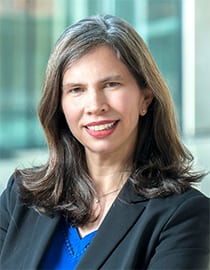 Andrea Roth is a Professor of Law. She joined the Boalt faculty in 2011 after a tenure as a Thomas Grey Fellow at Stanford Law School. Before Stanford, she worked for over eight years as a trial and appellate attorney at the Public Defender Service for the District of Columbia (PDS). At PDS she was a founding member of a Forensic Practice Group, which studied and litigated forensic DNA typing. She has lectured nationally on forensic science-related issues. She is also a member of the Constitution Project’s National Committee on DNA Collection and is an affiliate of the National Institute of Standards and Technology’s Organization of Scientific Area Committees (OSAC) for forensic science. Her research focuses on the use of forensic science in criminal trials, the continuing viability of the lay jury, and the ways in which concepts of criminal procedure and evidentiary law must be re-theorized in an era of science-based prosecutions.
Andrea Roth is a Professor of Law. She joined the Boalt faculty in 2011 after a tenure as a Thomas Grey Fellow at Stanford Law School. Before Stanford, she worked for over eight years as a trial and appellate attorney at the Public Defender Service for the District of Columbia (PDS). At PDS she was a founding member of a Forensic Practice Group, which studied and litigated forensic DNA typing. She has lectured nationally on forensic science-related issues. She is also a member of the Constitution Project’s National Committee on DNA Collection and is an affiliate of the National Institute of Standards and Technology’s Organization of Scientific Area Committees (OSAC) for forensic science. Her research focuses on the use of forensic science in criminal trials, the continuing viability of the lay jury, and the ways in which concepts of criminal procedure and evidentiary law must be re-theorized in an era of science-based prosecutions.
Twitter: @andrealroth. Publications, courses, and more »
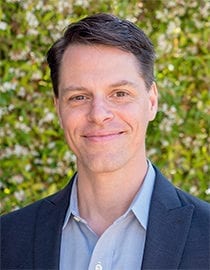 Erik Stallman is the Associate Director of the Samuelson Law, Technology & Public Policy Clinic and also an Assistant Clinical Professor at the UC Berkeley School of Law. Before joining the Samuelson Clinic, Erik was a policy counsel at Google, focusing on copyright and telecommunications policy. He spent the previous 12 years in Washington D.C, working for the Federal Communications Commission, the US House of Representatives, the law firm Steptoe & Johnson LLP, and then serving as General Counsel and Director of the Open Internet Project at the Center for Democracy & Technology. His research interests include copyright and machine learning, music licensing, and the intersection of copyright and media regulation. Erik is a graduate of the UC Berkeley School of Law. Publications, courses, and more »
Erik Stallman is the Associate Director of the Samuelson Law, Technology & Public Policy Clinic and also an Assistant Clinical Professor at the UC Berkeley School of Law. Before joining the Samuelson Clinic, Erik was a policy counsel at Google, focusing on copyright and telecommunications policy. He spent the previous 12 years in Washington D.C, working for the Federal Communications Commission, the US House of Representatives, the law firm Steptoe & Johnson LLP, and then serving as General Counsel and Director of the Open Internet Project at the Center for Democracy & Technology. His research interests include copyright and machine learning, music licensing, and the intersection of copyright and media regulation. Erik is a graduate of the UC Berkeley School of Law. Publications, courses, and more »
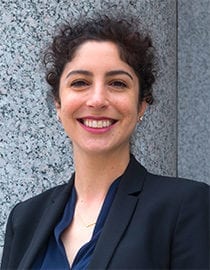 Rebecca Wexler is an Assistant Professor of Law working on data, technology, and criminal justice. She focuses on evidence law, criminal procedure, privacy and intellectual property protections surrounding new data-driven criminal justice technologies. Before joining Berkeley Law, Professor Wexler clerked for Judge Pierre N. Leval of the United States Court of Appeals for the Second Circuit and Judge Katherine Polk Failla of the United States District Court for the Southern District of New York. She worked as a Yale Public Interest Fellow at The Legal Aid Society’s criminal defense practice and as a Lawyer-inResidence at The Data and Society Research Institute. Follow her at @RebeccaWexler. Publications, courses, and more »
Rebecca Wexler is an Assistant Professor of Law working on data, technology, and criminal justice. She focuses on evidence law, criminal procedure, privacy and intellectual property protections surrounding new data-driven criminal justice technologies. Before joining Berkeley Law, Professor Wexler clerked for Judge Pierre N. Leval of the United States Court of Appeals for the Second Circuit and Judge Katherine Polk Failla of the United States District Court for the Southern District of New York. She worked as a Yale Public Interest Fellow at The Legal Aid Society’s criminal defense practice and as a Lawyer-inResidence at The Data and Society Research Institute. Follow her at @RebeccaWexler. Publications, courses, and more »
Fellows
 Miriam Kim is a Partner at Munger, Tolles & Olson LLP, practitioner fellow at the Berkeley Center for Law & Technology, and former law clerk to Judge Levin Campbell (1st Cir.)
Miriam Kim is a Partner at Munger, Tolles & Olson LLP, practitioner fellow at the Berkeley Center for Law & Technology, and former law clerk to Judge Levin Campbell (1st Cir.)
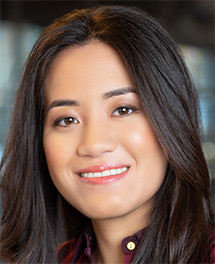 Dana Yeo graduated from Berkeley Law in 2021. She is currently Chief of Staff at Meliora Therapeutics, a drug discovery company using machine learning to deconvolute the true mechanism of action for small molecule cancer therapeutics. She received her BS in Biomedical Computation (applied CS) from Stanford University in 2014.”
Dana Yeo graduated from Berkeley Law in 2021. She is currently Chief of Staff at Meliora Therapeutics, a drug discovery company using machine learning to deconvolute the true mechanism of action for small molecule cancer therapeutics. She received her BS in Biomedical Computation (applied CS) from Stanford University in 2014.”


 Catherine Crump
Catherine Crump Orin S. Kerr
Orin S. Kerr Osagie K. Obasogie
Osagie K. Obasogie Andrea Roth
Andrea Roth Erik Stallman
Erik Stallman Rebecca Wexler
Rebecca Wexler
 Dana Yeo graduated from Berkeley Law in 2021. She is currently Chief of Staff at Meliora Therapeutics, a drug discovery company using machine learning to deconvolute the true mechanism of action for small molecule cancer therapeutics. She received her BS in Biomedical Computation (applied CS) from Stanford University in 2014.”
Dana Yeo graduated from Berkeley Law in 2021. She is currently Chief of Staff at Meliora Therapeutics, a drug discovery company using machine learning to deconvolute the true mechanism of action for small molecule cancer therapeutics. She received her BS in Biomedical Computation (applied CS) from Stanford University in 2014.”  Justin Erlich
Justin Erlich Alexa Koenig
Alexa Koenig